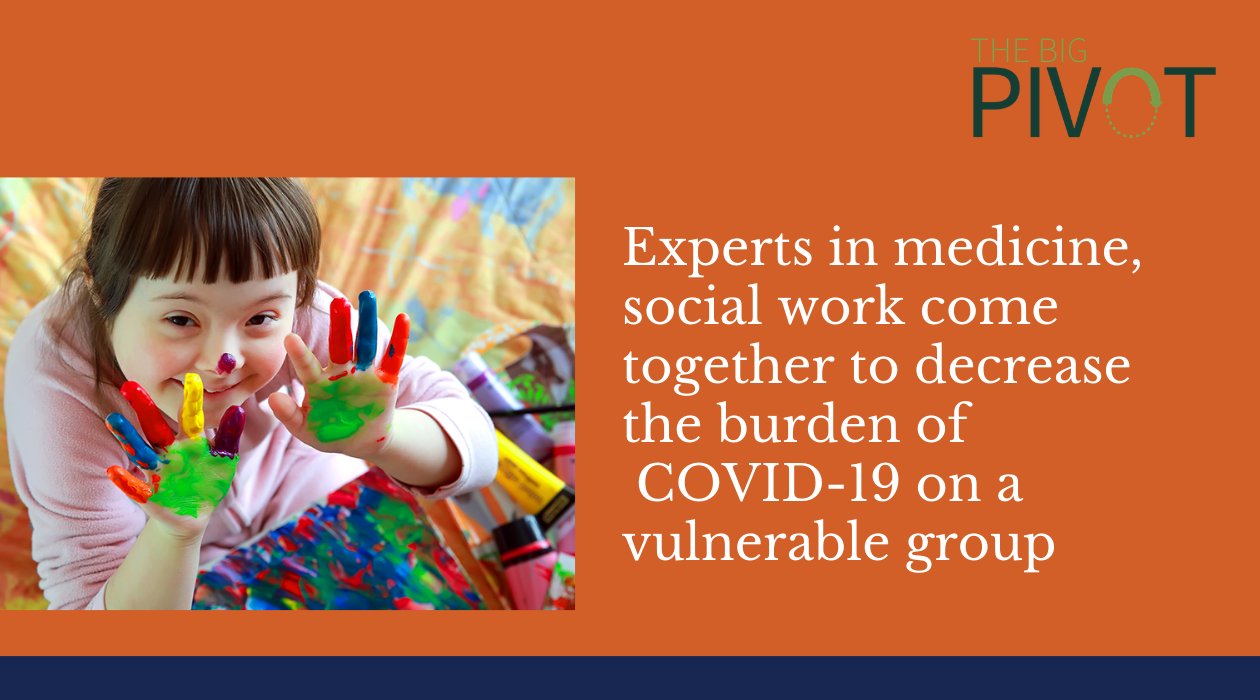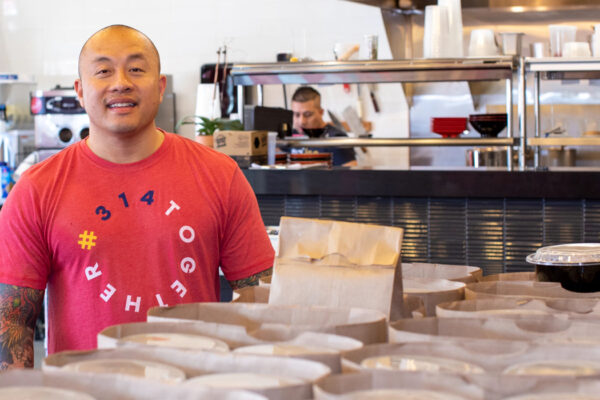Researchers at Washington University School of Medicine in St. Louis and the Brown School are working together to decrease the burden of COVID-19 on a vulnerable group.
The School of Medicine will offer 50,000 saliva tests for the SARS-CoV-2 virus to students, teachers, and staff in the six special education schools operated by the Special School District of St. Louis County (SSD). The saliva test provides easy and fast testing with same-day results, ideal for screening large communities. It was developed by the School of Medicine’s Department of Genetics and the McDonnell Genome Institute, in collaboration with a biotechnology company. Read more about the testing and the disproportionate impact the pandemic has on students with special needs.
Meanwhile, researchers at the Brown School are conducting discussion groups with SSD parents and staff. The goal is to gain an understanding of their perspectives in order to develop communication tools that encourage—and overcome barriers to—COVID-19 testing and vaccination.
The project is funded by a two-year $5 million grant from the National Institutes of Health (NIH) to the Washington University School of Medicine. The funding stems from $500 million awarded by the NIH as part of the agency’s Rapid Acceleration of Diagnostics-Underserved Populations (RADx-UP) initiative to provide underserved communities with rapid testing for COVID-19.
The project receives ongoing advice from a community advisory board made up of diverse members of the public and convened by the Institute for Public Health, the Institute of Clinical and Translational Sciences, and the IDDRC. The grant also involves investigators at the University of Missouri-Kansas City’s Institute for Human Development, and Kennedy Krieger Institute in Baltimore.
SSD serves students from all school districts in St. Louis County. Some include socioeconomically stressed neighborhoods, where many families have heightened exposure to COVID-19, as well as disproportionate vulnerability to its most serious consequences. SSD’s students returned part-time to in-person learning in November 2020.
Read more at the School of Medicine website and from the original story in the Source.




Comments and respectful dialogue are encouraged, but content will be moderated. Please, no personal attacks, obscenity or profanity, selling of commercial products, or endorsements of political candidates or positions. We reserve the right to remove any inappropriate comments. We also cannot address individual medical concerns or provide medical advice in this forum.